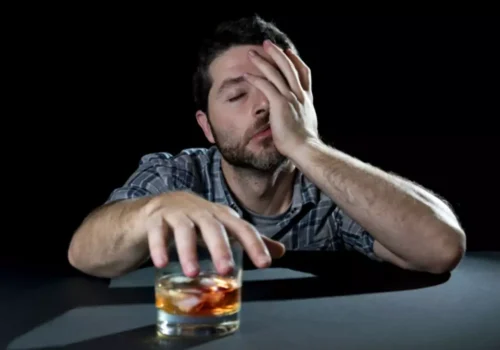
In addition to fatigue, PAWS could include sleep disturbances, mood swings, and cognitive difficulties, collectively contributing to an increased sense of exhaustion. It’s the body’s way of signaling its need for continued recovery and adjustment to alcohol-free living. Consistent alcohol intake interferes with how your body breaks down and utilizes carbohydrates for energy. When you stop drinking, your body is forced to readjust how it sources energy, often leading to energy fluctuations and extreme fatigue.
- When you decide to quit, your body craves for the familiar pattern, thereby causing an energy imbalance.
- For one, drinking alcohol makes falling and staying asleep much harder.Alcohol also relaxes the muscles in your throat, so you’re more likely to have problems like snoring or disorders like sleep apnea.
- Lastly, carrying reminders and seeking professional assistance when necessary are vital steps on this path towards staying sober around drinkers which we will cover extensively.
- The benefits of abstaining often become apparent around this stage.
Professional Treatment Options for Addiction
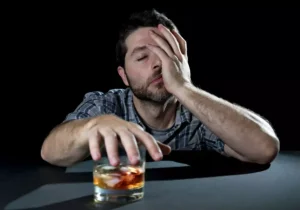
It’s important to recognize and accept that this phase, just like the detox phase, is only temporary. The rewards of maintaining sobriety far outweigh the temporary discomforts and you are not alone in this journey. These symptoms usually start within 6 to 24 hours after your last drink and may last for up to a week. Factors such as the quantity of alcohol previously consumed, the duration of drinking habit, overall health status are some key elements that play a pivotal role in determining the intensity of these symptoms. The initial manifestation of this bold decision is going to be the detox phase.
Cognitive Benefits of Quitting Alcohol
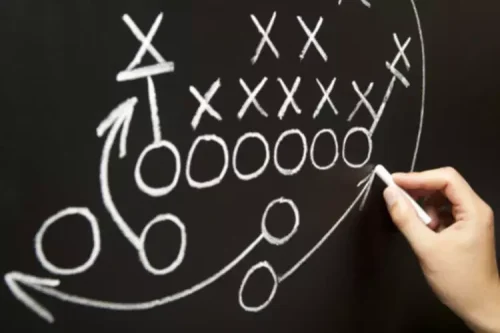
Some people decide they aren’t going to drink or use drugs, and they never do so again. Others struggle to stay sober their entire lives, especially if they struggle with dependence or addiction. In 12-step programs, “sober” means abstaining from drugs and alcohol forever. Healthy relationships are valuable when you want to remain sober. If you start feeling triggered to use or drink, you can reach out to people who care about you.
Start exercising.
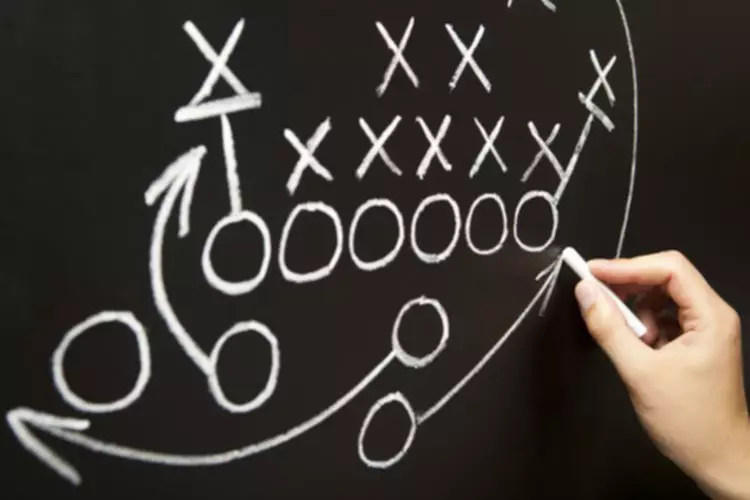
Daily drinking can cause disruptions in sleep as well, so quitting suddenly can be a shock to the system. After six days of sobriety, these people report vastly different experiences with sleep and other alcohol withdrawal symptoms. Those in a critical stage of addiction and are experiencing severe alcohol withdrawal symptoms are first treated with alcohol withdrawal medication. Some might inhibit the cravings, while some may negatively alter the appeal for drinking and reduce the negative physical and mental effects felt during the alcohol withdrawal timeline.
Coping Strategies: How to Deal with Fatigue After Quitting Alcohol
- If you’re able, it’s not a bad idea to book with your general practitioner to do a full check-up to see which (if any) nutrients you are deficient in so you can make a plan to fix it.
- The more tools you have for identifying triggers, coping with stress, and managing your new sober life, the easier you’ll prevent relapse.
- This prevents feelings of ‘fake’ intoxication while saving money and still participating socially.
Keep in mind that self-help strategies are helpful tools, but you may need additional help to remain sober long-term. This means letting go of toxic people who encourage drinking and bringing in people who support sobriety. This might mean attending 12-step meetings, making new friends, bringing the family on board, or even reaching out to others online. However, this support system is critical in preventing relapse.
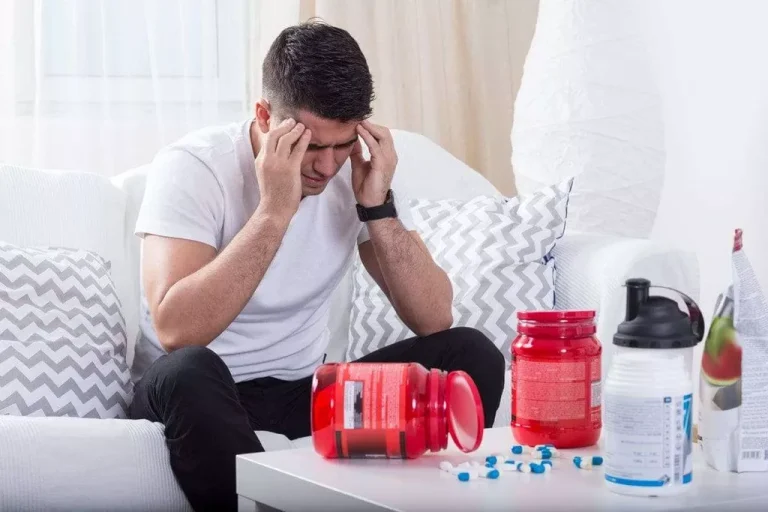
Medical Interventions: When to Seek Help
A therapist can help you learn new coping skills, develop new thinking patterns, and address any co-occurring mental health conditions that may make recovery more difficult. A mental health professional can help you cope with some of the challenges you’ll face on your path to sobriety. You may also need to change your route to work or home in order to avoid any triggers, or people, places, or things that make you want to use drugs or drink again. Some of the immediate changes you will need to make will be obvious—like not hanging around the people that you used with or obtained drugs from. After all, you can’t hang around your drug dealer or old drinking buddies and expect to remain sober for very long.
- Many will organize substance- and alcohol-free events to help fill members’ evenings and weekends.
- But it’s better than drinking to fit in and risking your recovery.
- This form of withdrawal symptom is called Post-Acute Withdrawal Syndrome (PAWS).
- If your friends drink too much while you’re struggling with staying sober, know you’re not alone.
Speaking to other families or friends who have gone through this is likely to yield many more strategies and ideas if you are struggling with what to do. Overcoming alcohol-induced fatigue often involves taking a comprehensive approach that aligns your body, mind, and medical care. It’s a journey that requires patience and perseverance, but with strategic planning, the road to recovery can become being sober around drinkers smoother.

Avoidance is Sometimes the Best Policy
“The more time that goes by, the clearer the picture becomes. I see my triggers, and I work through them. I’m always thirsty and drink a lot of water. I’m still not sleeping through the night.” “Fortunately, not near the hell the first three days were. I am hoping that means I may finally sleep tonight. For me, the toughest parts are the vomiting (dry heaves), insomnia, and anxiety.” “The physical symptoms aren’t so bad, but my mind seems to be trying to figure out how I can have just one drink. I have plans to get some yard work done, so that will keep me busy.” For people at low risk of complications, an office visit to your primary care provider, along with at-home monitoring and virtual office visits, may suffice.
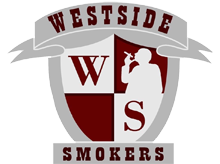
Leave A Comment